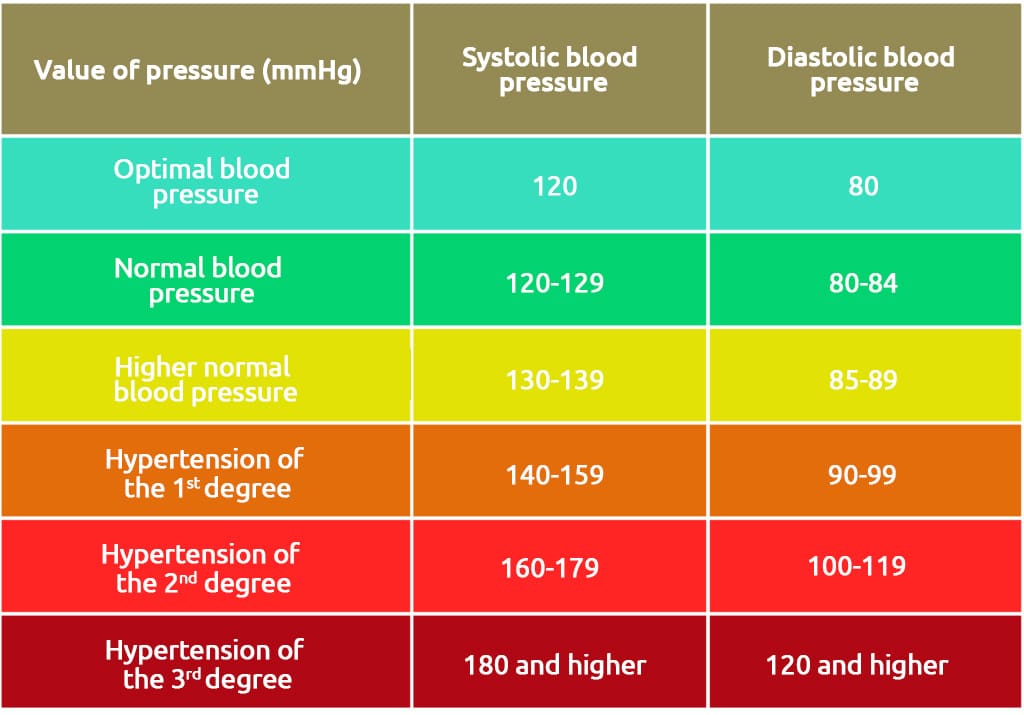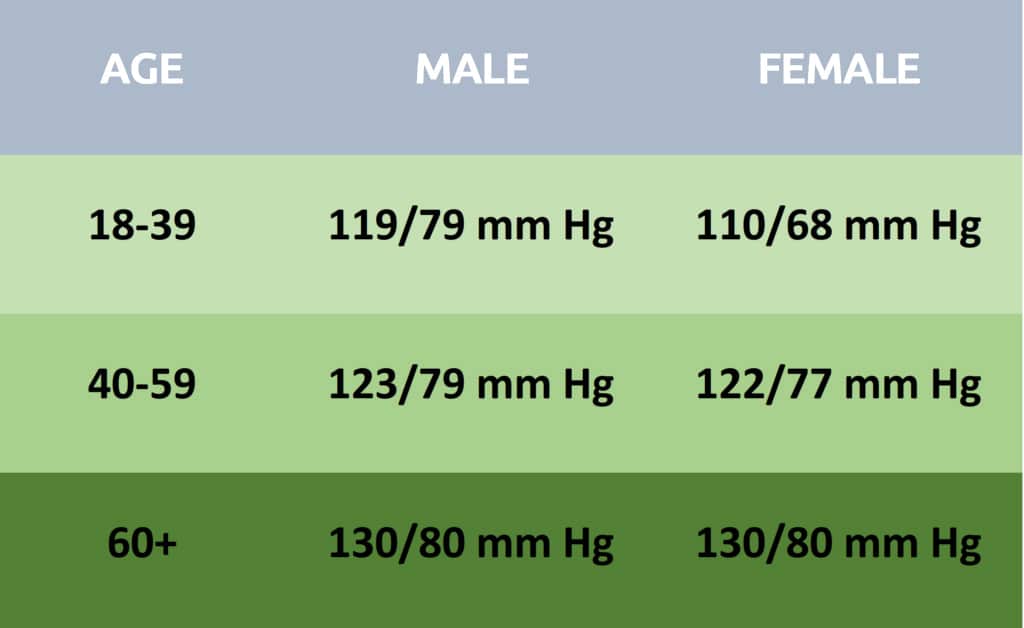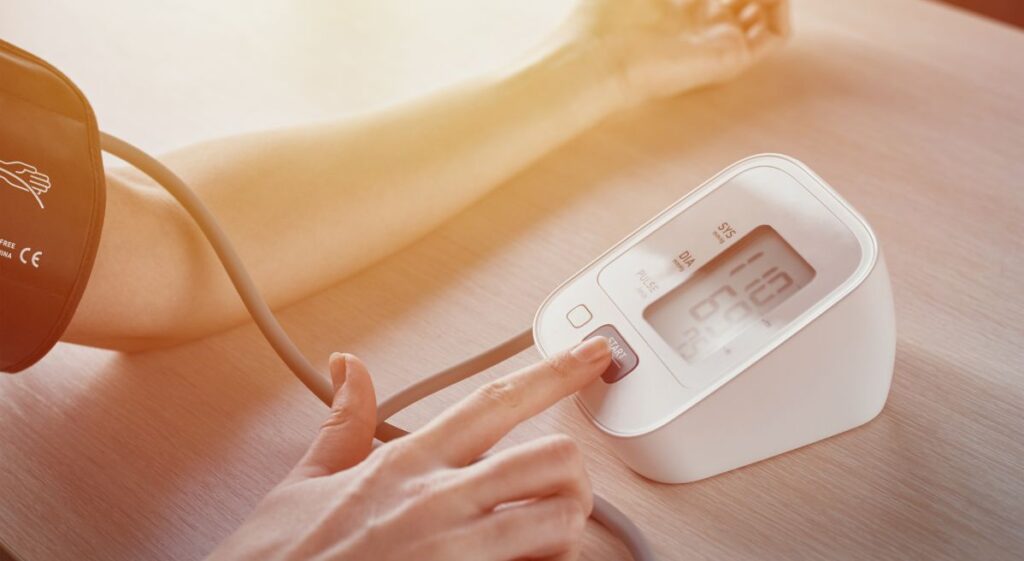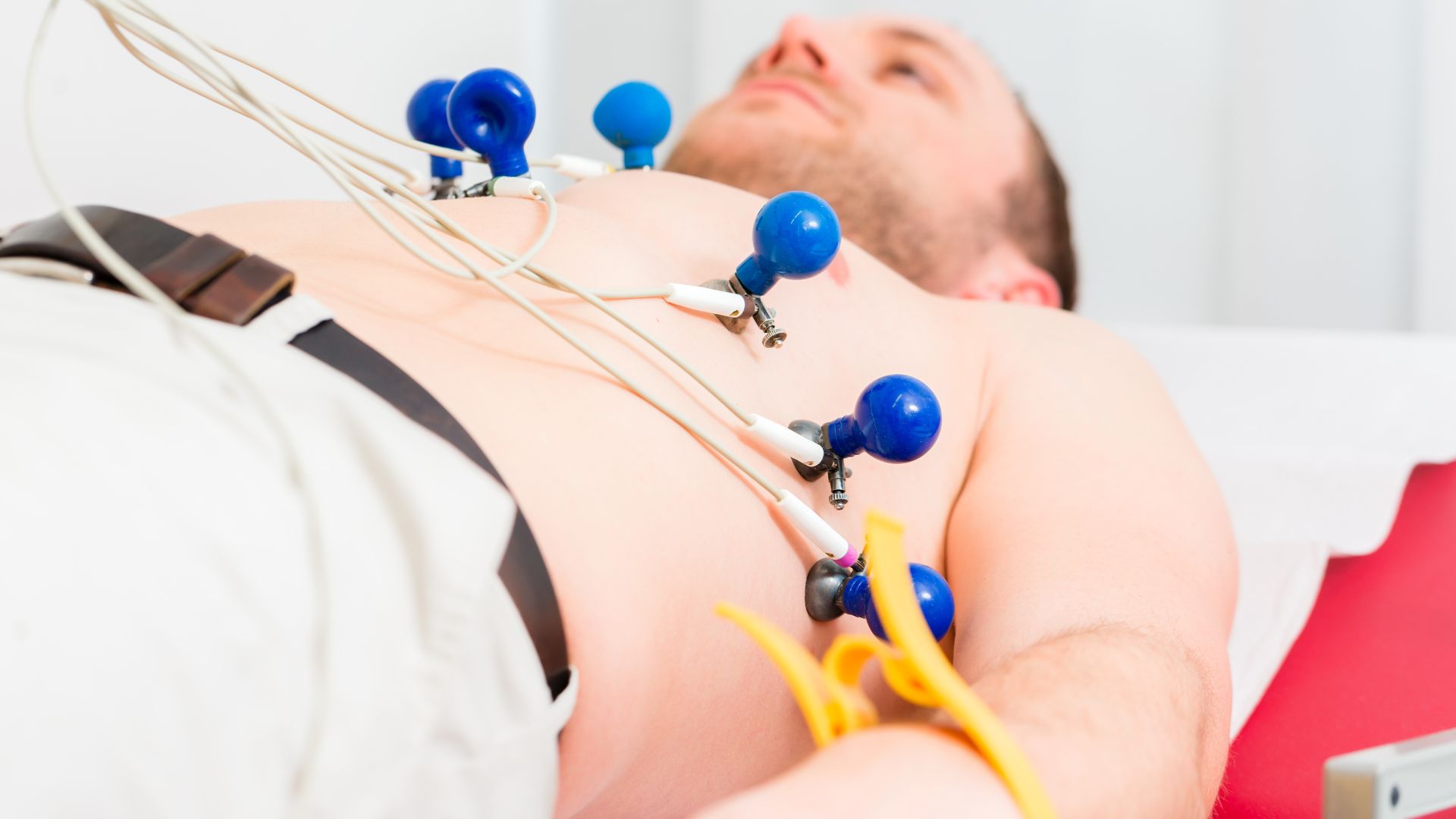Why is blood pressure measurement important?
Blood pressure measurement is quick and painless. That’s why it’s important for individuals with normal values to periodically measure it at home. High blood pressure is often called the “silent killer” because it usually has no warning signs or symptoms, and many people are unaware they have it.
Men are more likely to develop high blood pressure before the age of 55. Women are more prone to develop high blood pressure after menopause.
For individuals with elevated blood pressure, regular monitoring and measurement by a cardiologist are important. The cardiologist can provide guidance and potentially prescribe medication.
Blood pressure is most commonly measured on the upper arm of both arms. The patient should be seated and relaxed for at least five minutes before the measurement. Two to three readings are taken with a 2-3 minute interval. A physiological difference of up to 10 mmHg may exist between the two arms. The official blood pressure value is considered to be the higher one obtained through measurement.
You can check the health of your heart and blood vessels at the PULSE Cardiology Center, where a team of eminent cardiologists can promptly assess your cardiovascular health without waiting. In addition to diagnostics, patients receive information about necessary treatment and the type of therapy in a timely manner.
What is the upper and lower blood pressure?
Blood pressure is recorded through two numbers:
Systolic blood pressure: It indicates the pressure exerted by blood on the walls of the arteries when the heart beats.
Diastolic blood pressure: It indicates the pressure exerted by blood on the walls of the arteries when the heart is at rest between beats.
More attention is usually given to systolic blood pressure (the first number) as a primary risk factor for cardiovascular diseases in individuals over 50 years of age. In most people, systolic blood pressure increases with age due to increasing stiffness of the large arteries. However, a diagnosis of high blood pressure can be made if there is an increase in both the upper and lower blood pressure values. According to recent research, the risk of death from ischemic heart disease and stroke doubles with every 20mmHg increase in systolic blood pressure or 10mmHg increase in diastolic blood pressure in individuals aged 40 to 89 years.
Blood pressure values according to the European Society of Hypertension

Optimal and normal blood pressure
Optimal blood pressure is lower than 129/85 mmHg. These blood pressure measurements are considered normal and should be maintained. This means following healthy lifestyle habits such as balanced diet and regular exercise.
Normal high blood pressure
High blood pressure is detected when the measurements show values ranging from 130-139 systolic and less than 89 mmHg diastolic pressure. People with high blood pressure are likely to develop hypertension, so it is necessary to take measures to prevent that from happening. This blood pressure range should be monitored more frequently, and healthy lifestyle habits should be implemented.
Stage 1 Hypertension:
Stage 1 hypertension is when blood pressure consistently ranges between 140-159 systolic or 90-99 mmHg diastolic. During this stage, doctors will likely recommend lifestyle changes and may prescribe blood pressure medications based on the risk of developing atherosclerosis and diseases such as heart attack or stroke.
Stage 2 Hypertension:
Stage 2 hypertension occurs when blood pressure consistently measures at 160/109 mmHg or higher. At this stage, doctors will likely prescribe a combination of blood pressure medications and lifestyle modifications.
Stage 3 Hypertension – Hypertensive Crisis:
This stage of high blood pressure requires immediate medical attention. If blood pressure suddenly exceeds 180/110 mmHg, wait for five minutes and then measure the blood pressure again. If the readings remain unusually high, seek medical help immediately as it may indicate a hypertensive crisis.
IMPORTANT: If blood pressure is higher than 180/120 mmHg and you experience symptoms such as chest pain, shortness of breath, back pain, numbness/weakness, changes in vision, or difficulty speaking, do not wait for your blood pressure to decrease on its own. Seek immediate medical assistance!
PULSE Cardiology Center has a team of cardiologists and interventional cardiologists who can provide prompt and expert help to patients experiencing a hypertensive crisis. In cases where patients require observation or when their condition requires immediate response and treatment, they may be admitted to the Day Hospital.
Normal blood pressure for women and men by age

Normal blood pressure in older adults
In individuals over the age of 60, normal blood pressure ranges around 130/80 mmHg. Blood pressure above these limits is not safe for individuals over the age of 60.
High blood pressure or hypertension is a major health issue that is common in older adults. The network of blood vessels, known as the vascular system, changes with age. Arteries become stiffer, leading to an increase in blood pressure. This can occur even in individuals who follow healthy lifestyles, feel completely well, and have no symptoms indicating hypertension. It is also important to monitor the pulse in older adults. A normal pulse in older adults is between 60 and 100 beats per minute. Deviations from these values may indicate problems in the body. Since the heart is a vital organ in the human body, paying special attention to this organ can make a life-changing difference.
How to maintain normal blood pressure?
Many people with high blood pressure can lower their blood pressure or keep it within normal range by making lifestyle changes. This involves the following measures:
- Engaging in at least 150 minutes of physical activity per week (about 30 minutes a day, 5 days a week)
- Quitting smoking if the person is a smoker
- Following a healthy diet, limiting sodium (salt) and alcohol intake
- Maintaining a healthy weight and following a diet plan for individuals with overweight or obesity
- Managing stress





